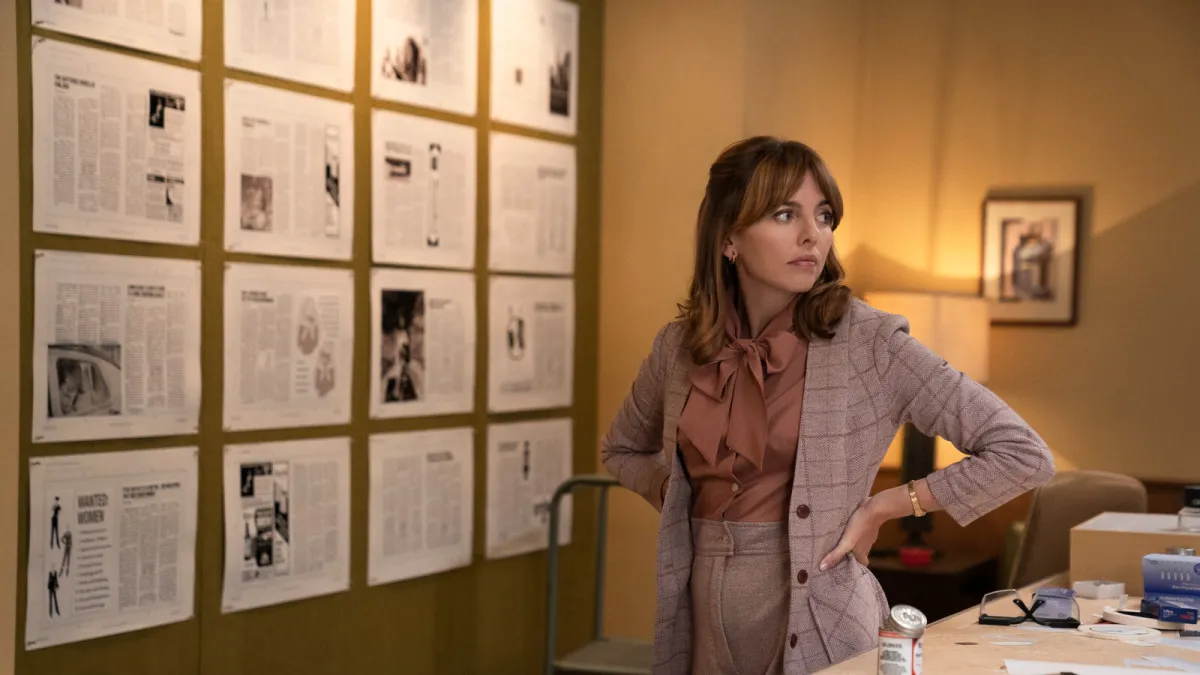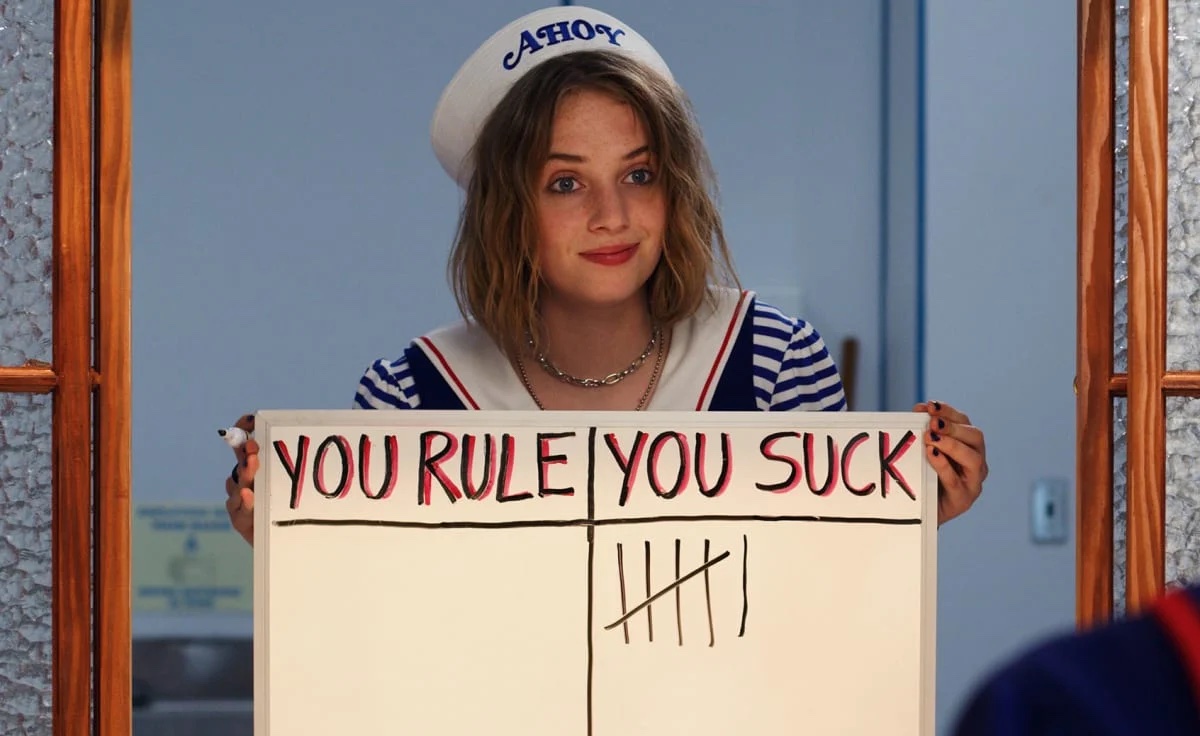You know what’s awesome when you’re an artist? When someone takes your completed work and locks it up forever, so that no one can ever see it.
Oh, wait! That completely sucks!
It’s a feeling many creatives have experienced, whether it’s from an editor quitting and orphaning your book manuscript, or your pilot failing to find a network to pick it up. Now, though, thanks in part to David Zaslav’s takeover of Warner Bros. Discovery, the trend is picking up steam in the TV world—and it’s taking out completed movies and series. Last fall, Batgirl was axed even though it was in post-production, and a few weeks ago, HBO’s Minx was canceled despite season 2 being almost completely filmed. While the tax write-off may benefit executives, the cancellation of a completed project can be a life-altering catastrophe for all the people who worked on it.
Carina Adly Mackenzie, producer of Roswell, recently broke down why in a Twitter thread.
Mackenzie starts by acknowledging the heartbreak of seeing something you’ve spent months or years working on thrown in the trash. After that, she focuses on the business aspects of it, but let’s take a moment to reflect on how profoundly demoralizing it is to pour your soul into your art, only to find out that no one’s ever going to see it. (I’m personally still steaming over the literary journal that fired their managing editor and “published” everything he’d accepted, including one of my stories, in an issue that they printed but never distributed—thus ensuring that our stuff was ineligible to publish anywhere else. This shit hurts.)
Mackenzie explains that once a studio or streamer picks up a series, they get creative control over it. Every aspect of that show is tailored to what the studio wants, with the understanding that the studio will hold up their end of the deal and make sure the show gets as big an audience as possible when it’s finished.
Mackenzie then explains that even though the people who worked on the show get paid for their time, they can’t use that time to build their career if no one ever sees the work they did. Those months or years everyone spent working on it become a black hole in their résumés, and they have no samples of their work to showcase when looking for their next job. Think about it—if you were looking to hire an artist, and someone showed up without a portfolio, would you hire them?
You can click through to read the entire thread. Thanks to the cutthroat nature of the creative world, we already miss out on so much good art—all the stuff that never gets produced, published, sold, or even made in the first place because the artists didn’t have the right resources or connections. If studios are now going to buy shows only to throw them away, the entertainment landscape is going to start looking pretty grim.
(featured image: HBO Max)










Published: Jan 12, 2023 10:54 PM UTC